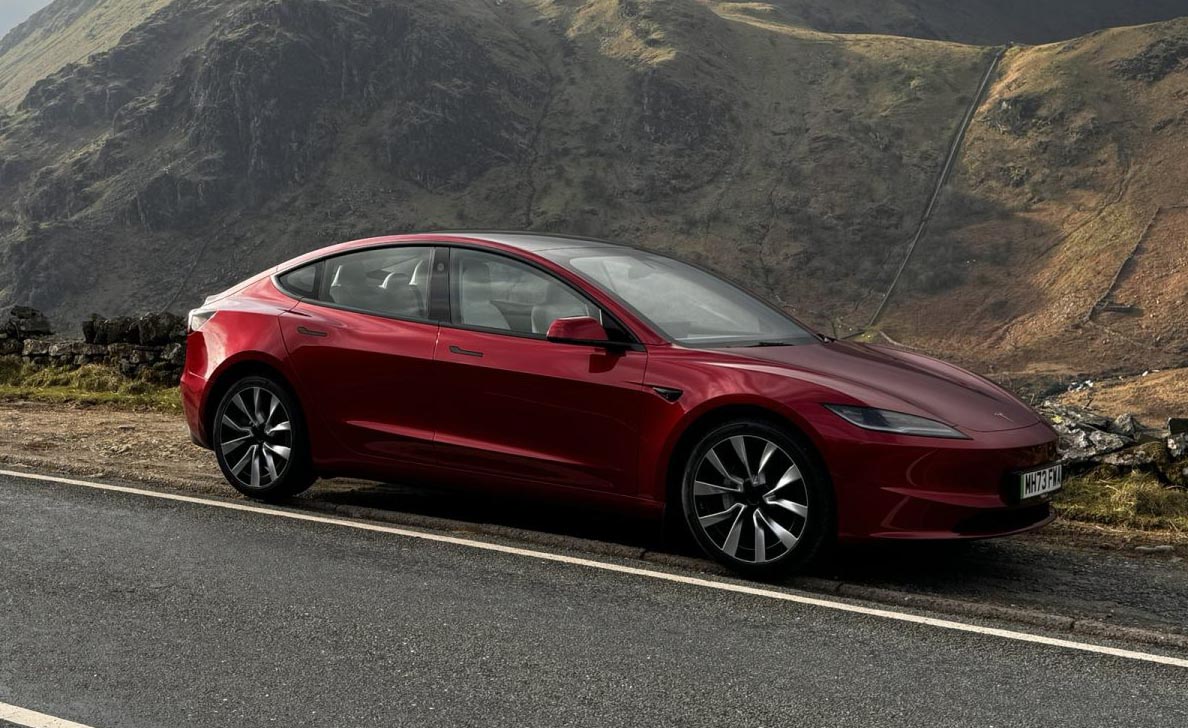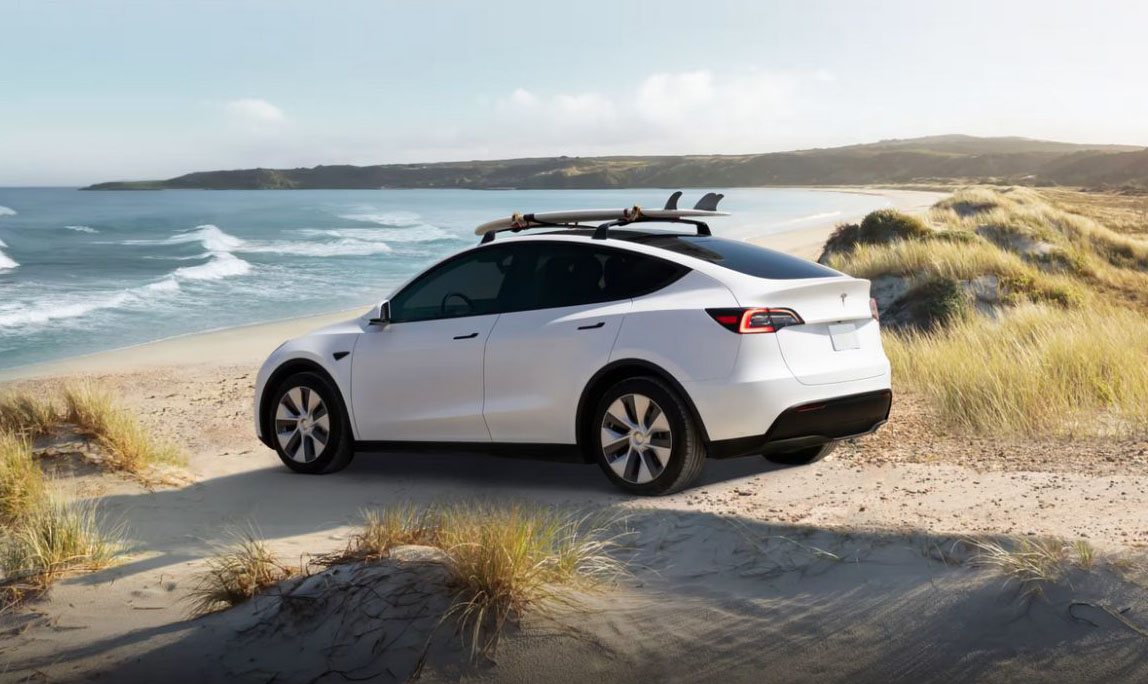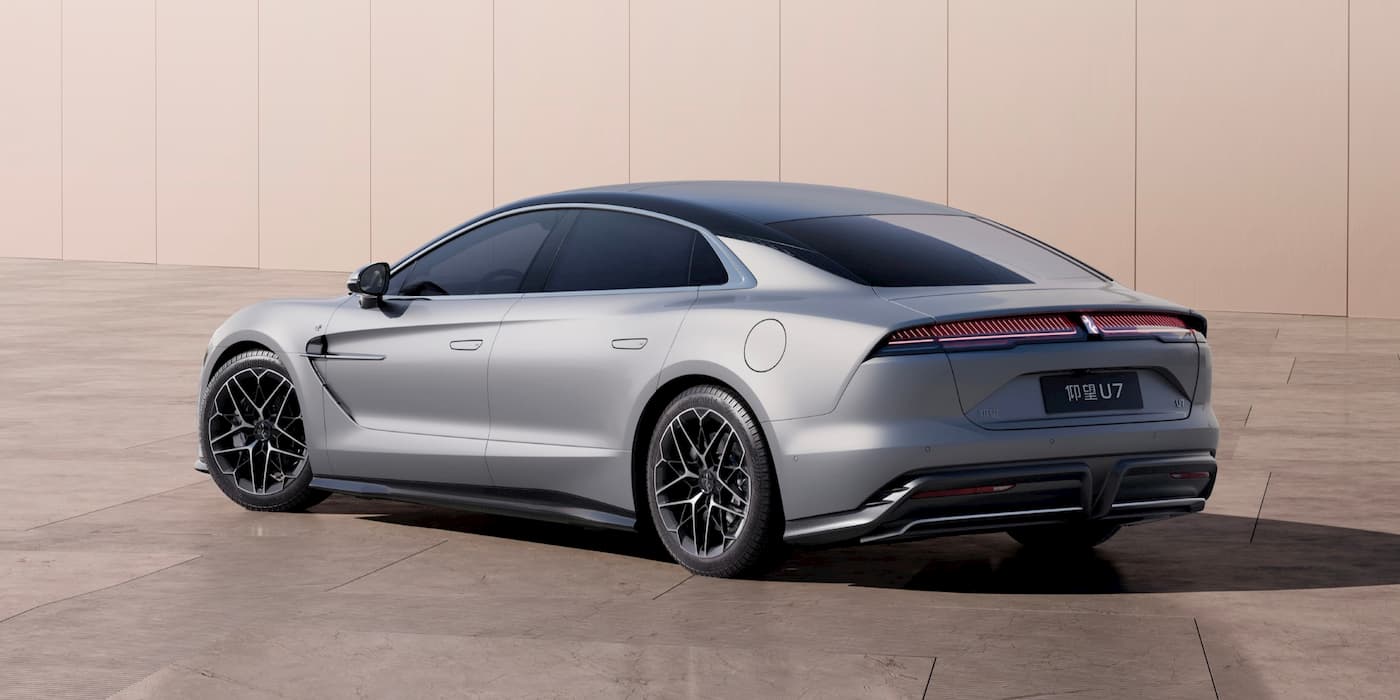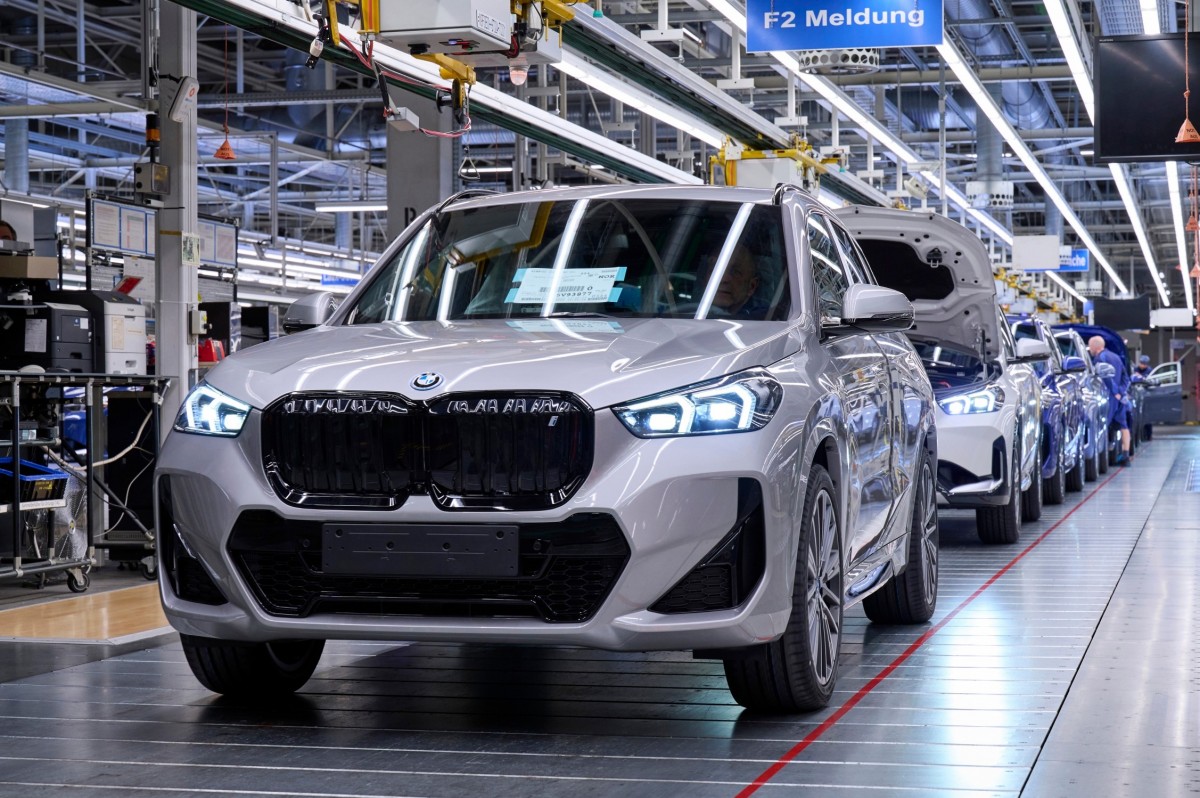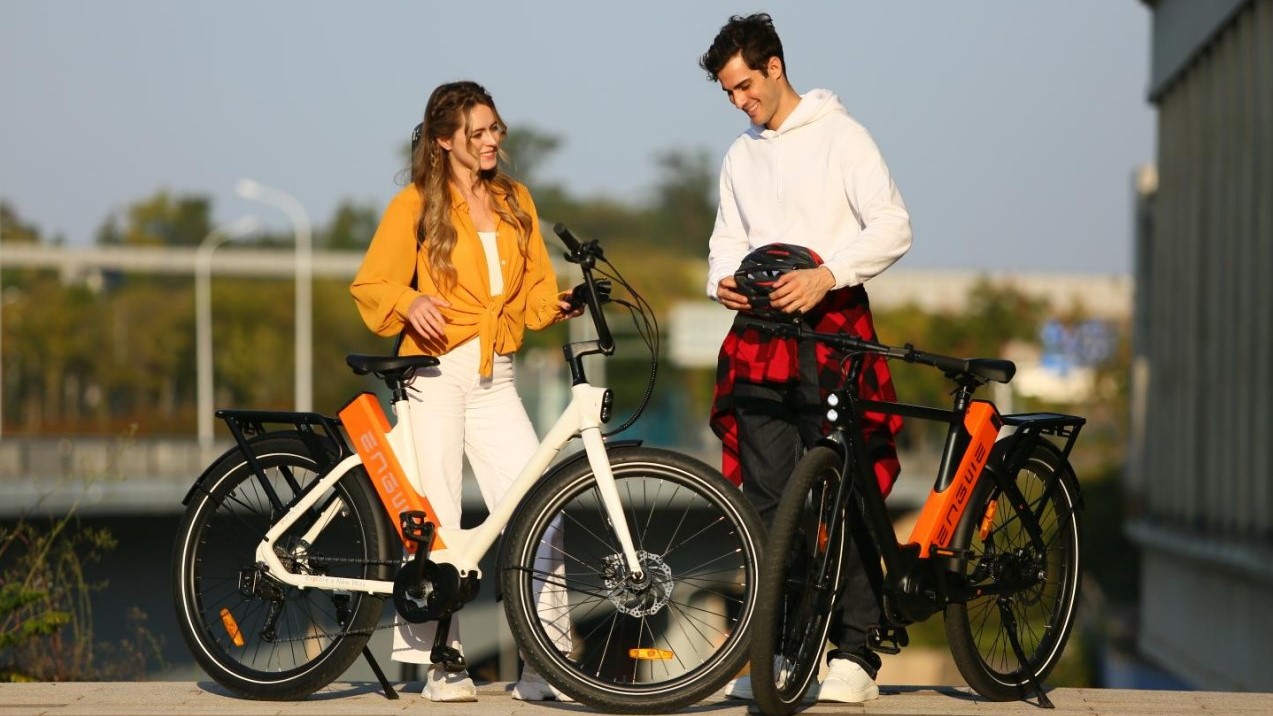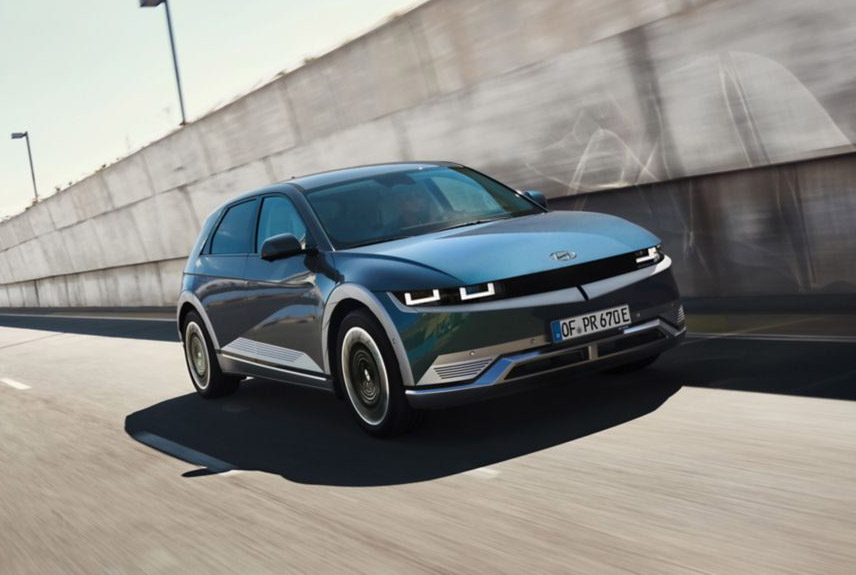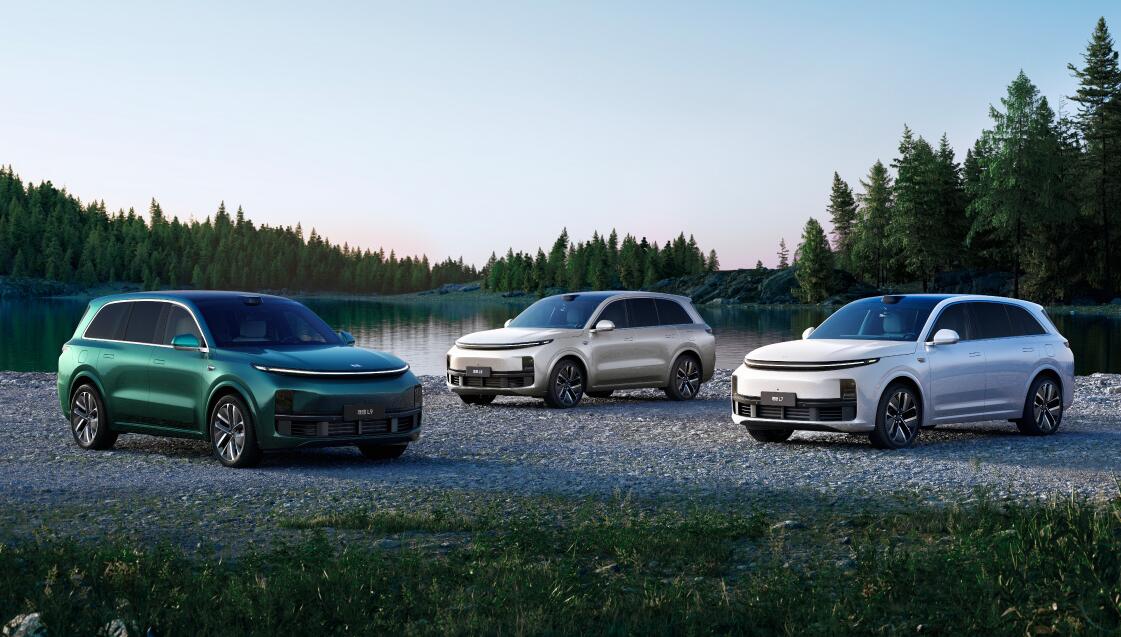Australia has witnessed a remarkable surge in the uptake of electric vehicles (EVs), with February’s monthly sales showing the strongest appetite for the technology to date, reaching a record 9.6% share for the month.
According to the latest data from the Federal Chamber of Automotive Industries (FCAI), a record 10,011 full-battery electric cars were sold in Australia in February, marking a substantial increase from the 4,893 sales in January.
See also: Toyota Launches bZ4X Electric SUV in Australia, Facing Competition from Tesla
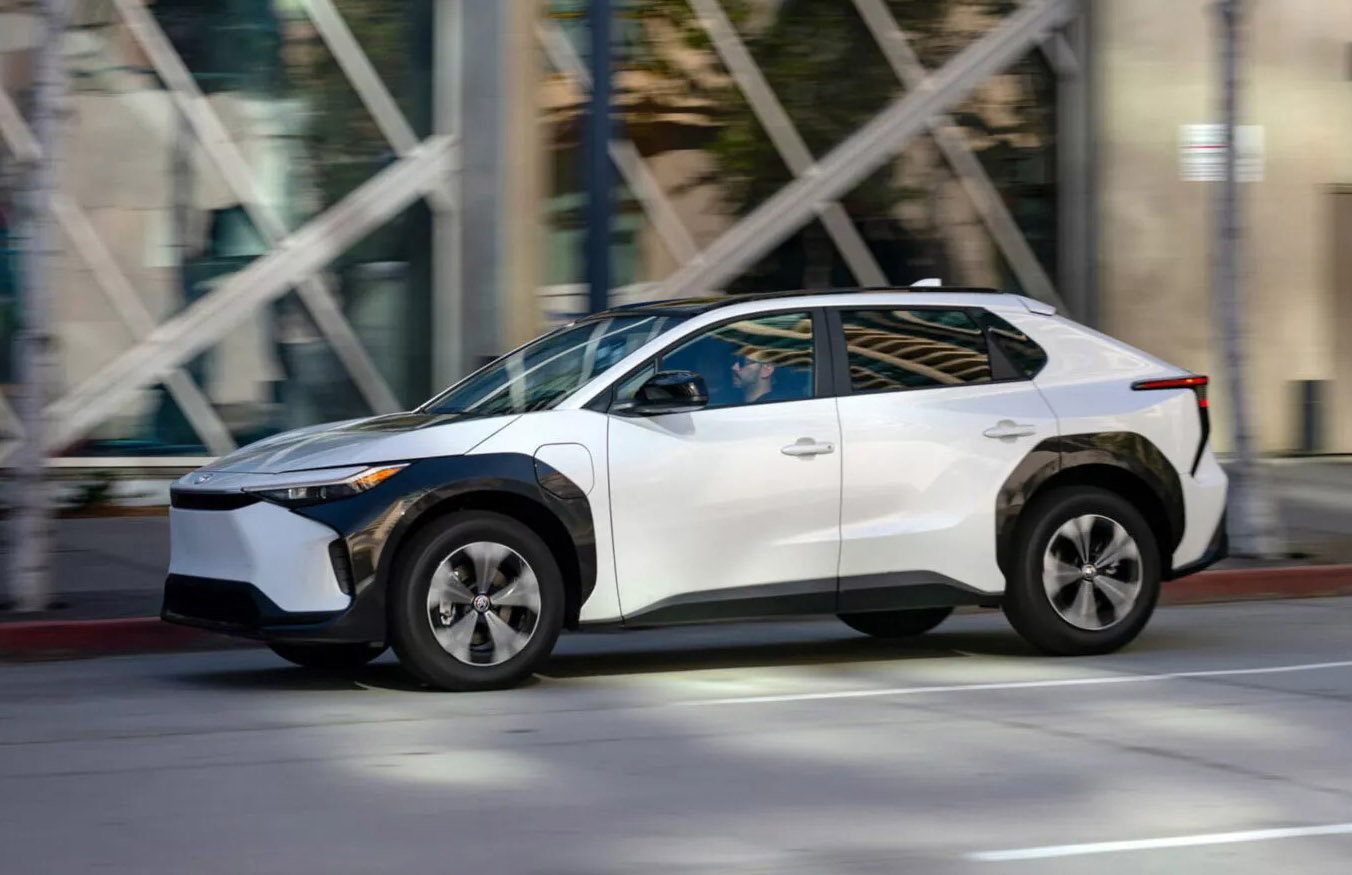
The 9.6% share exceeds the previous record set in June last year, when EV uptake accounted for 8.8% of total vehicle sales.
Tesla emerged as the leader in EV sales, with its refreshed Model 3 becoming Australia’s best-selling passenger car in February, boasting 3,593 sales. This outpaced the Toyota Rav4, the only other passenger car in the top 5 vehicles sold in the country.
The Tesla Model Y, the company’s electric SUV, secured the second spot on the EV charts with 2,072 sales in February, contributing to a total of 5,665 sales for Tesla in the month and pushing its EV market share back above 50% to 56%.
See also: Australian Government Funds Research for Wireless Charging Tech in Electric Heavy Vehicles
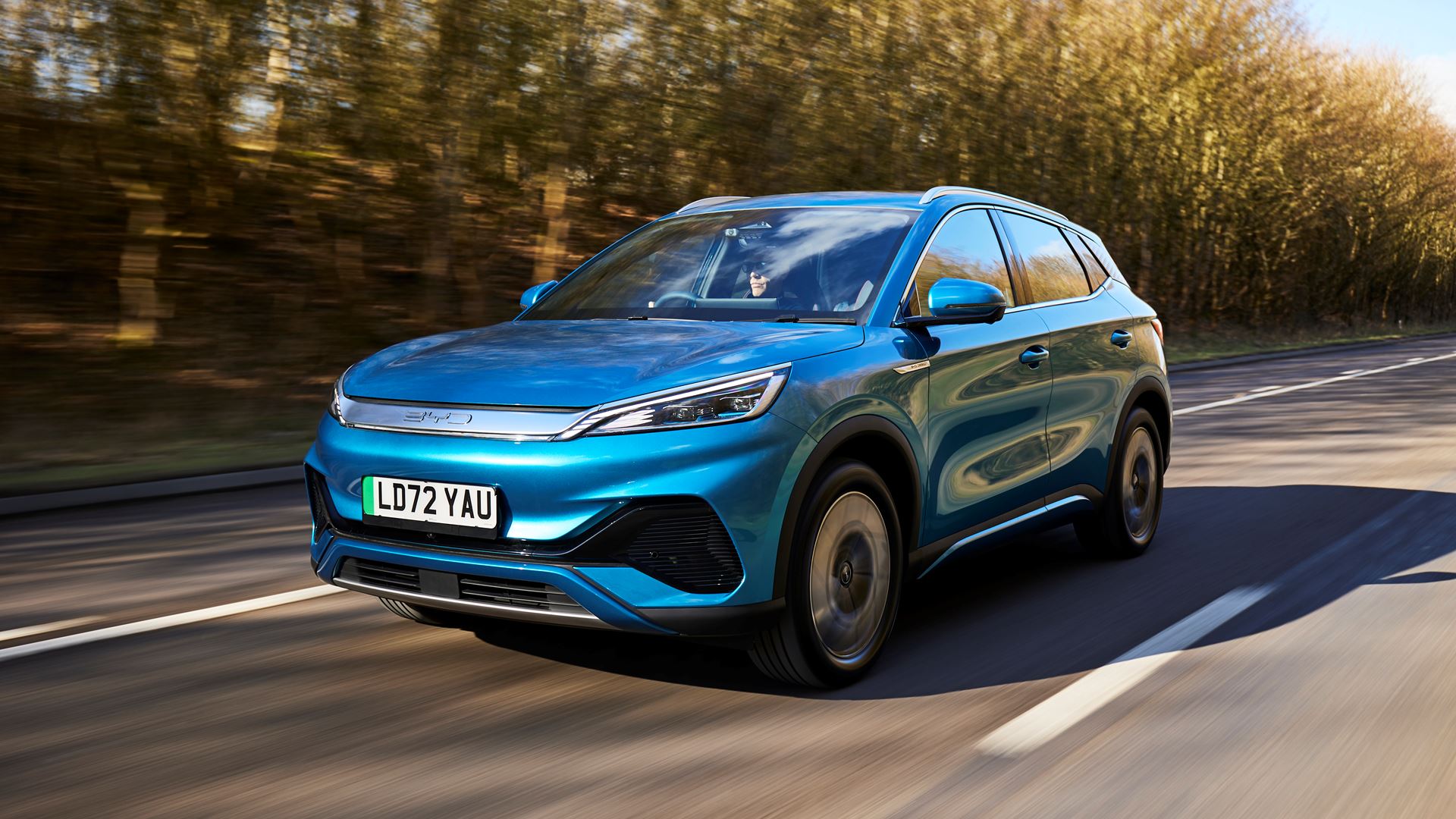
Affordable EV models also made a strong showing, with the BYD Atto 3 (711 sales), BYD Seal (619 sales), and MG4 (446 sales) rounding out the top 5 EV sales. They were followed by the BYD Dolphin.
These impressive EV sales follow a significant year in 2023, during which over 87,000 new EVs were registered in Australia.
With over 15,000 EVs already on the road in 2024 and a wave of new models expected, EV sales are poised to surpass 100,000 this year as the nation prepares for the introduction of fuel-emission standards in 2025.
See also: Australia Proposes Stricter Emissions Standards for Vehicles by 2025
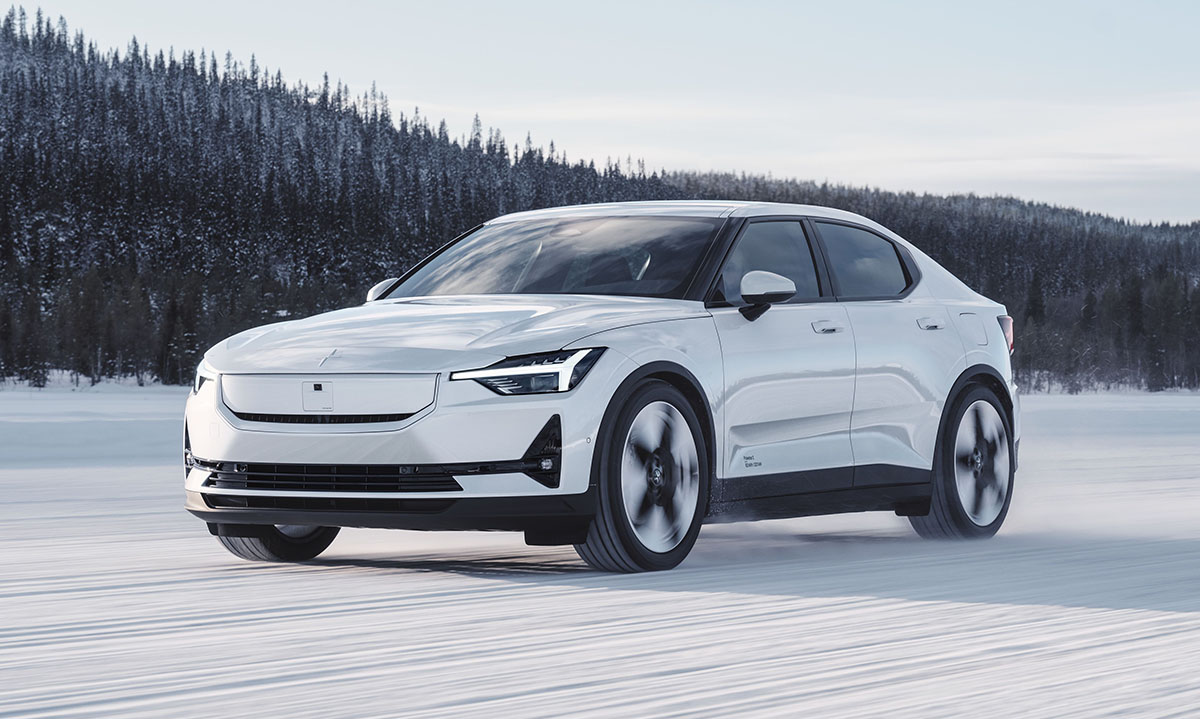
FCAI chief executive Tony Weber emphasized the growing popularity of electric vehicles, stating, “Growing sales of electric vehicles across other market segments prove that where a battery electric product exists which suits the driving habits of Australian motorists, work, and recreation needs, they will purchase these vehicles.”
Despite the support of key car makers such as Tesla, Polestar, Hyundai, and VW, and motoring groups such as the NRMA, the FCAI has been leading a campaign against new vehicle emission standards proposed by the federal government.

